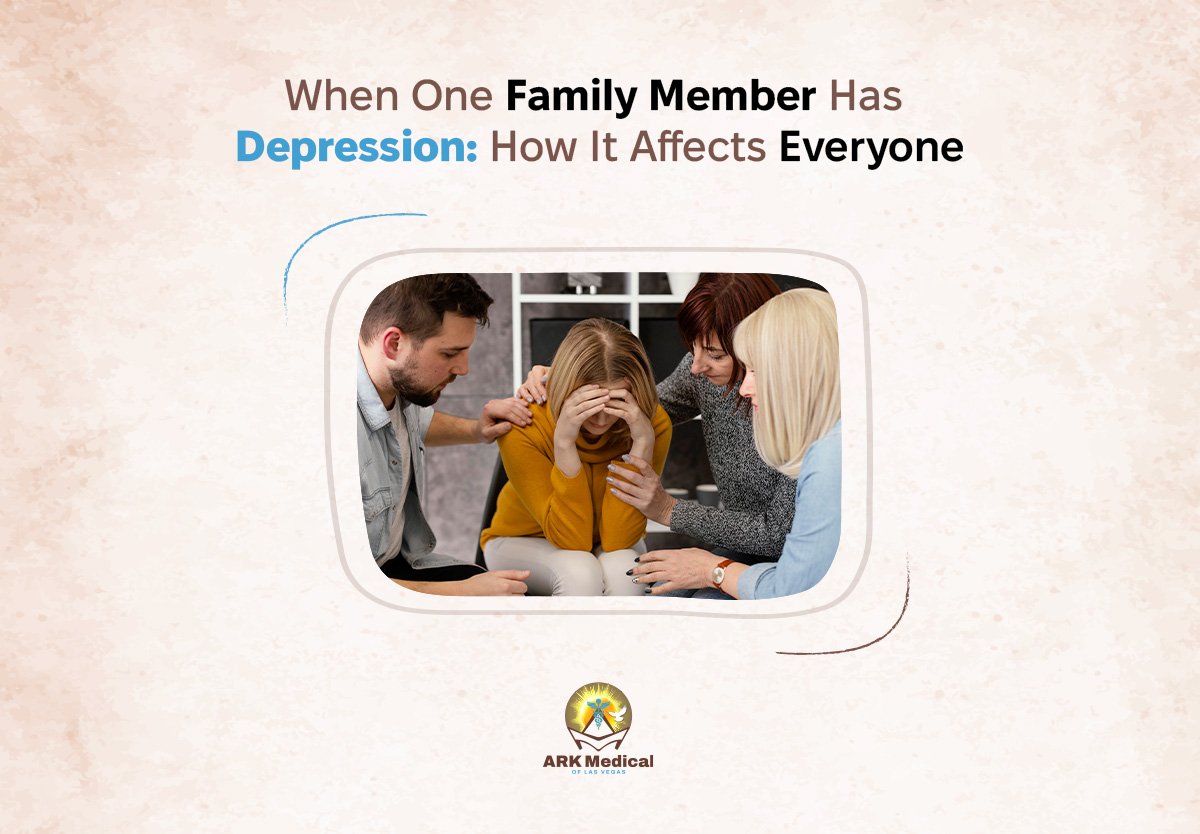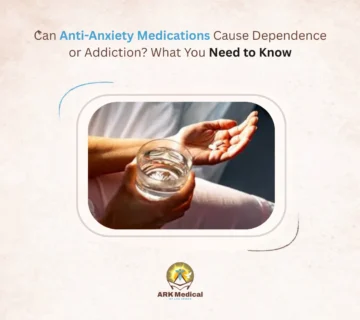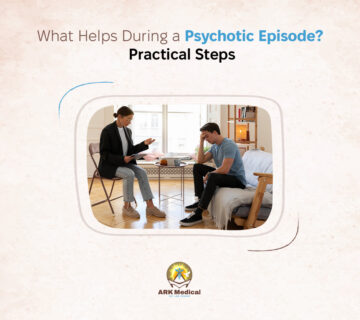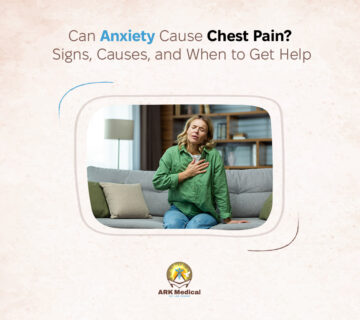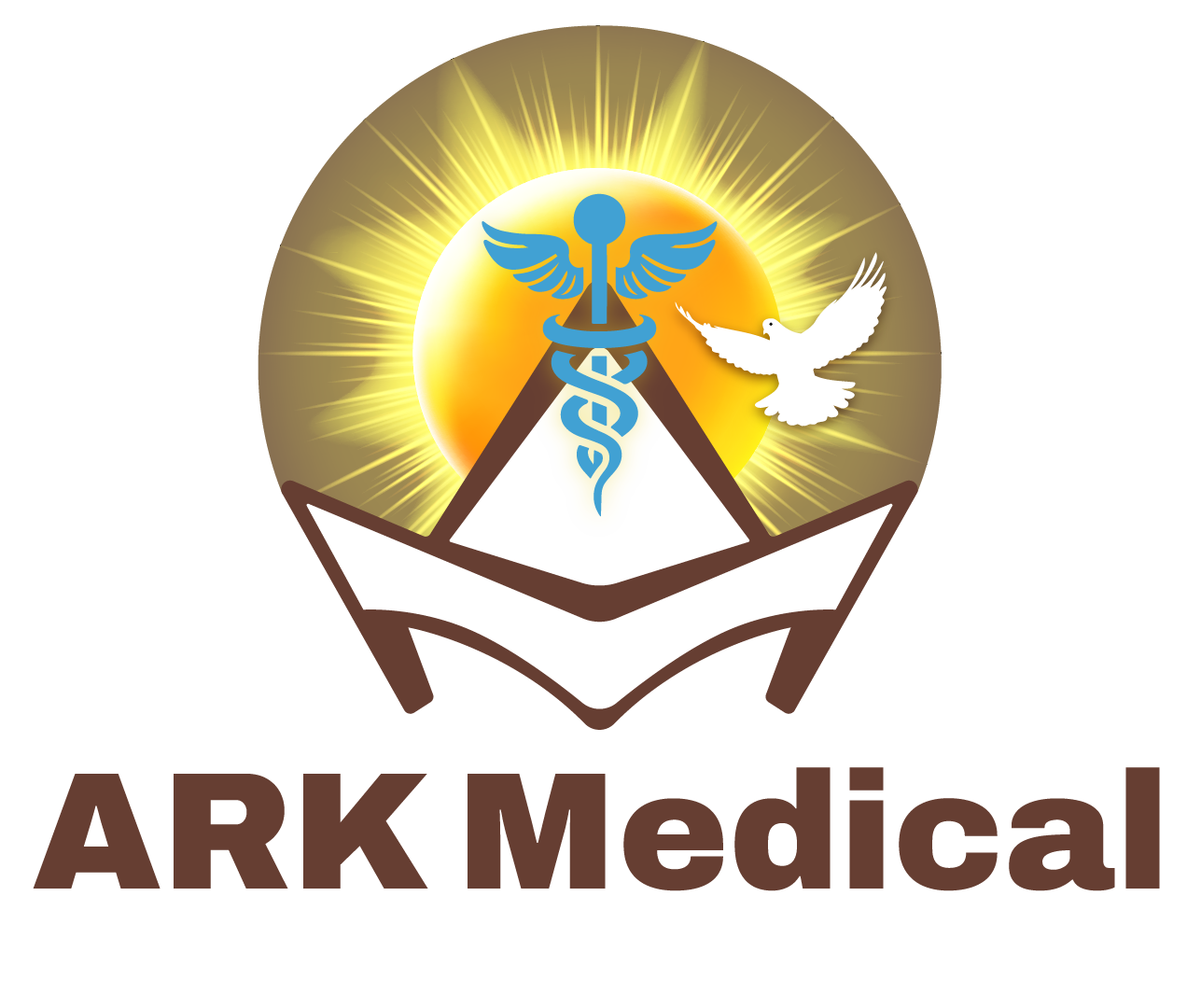The effect of a loved one having depression spills all over your family life.
You may feel powerless as they slip away, frustrated with their failure to just pull themselves together, or exhausted from trying to hold everything together.
A lot of families navigate these waters every day.
The Small Signs That Say Everything
Depression usually starts with small signs. Your spouse may sleep in a little longer on weekends. Your teenager may stop attending family dinners.
They may not appear to be drastic, but they are, in reality, your loved one attempting to cope with an internal conflict.
Depression affects the thinking, emotions, and behaviors of people.
Signs to watch for include:
- Pulling away from family activities or conversations
- No longer happy or interested in hobbies they once enjoyed
- Problems sleeping or sleeping too much
- Trouble with everyday tasks, such as cooking or cleaning
- Irritability/mood swings
When Your Home Feels Different
Once depression enters your home, everyone adjusts, often without realizing it. You might find yourself:
- You could be tiptoeing around your loved one, trying not to upset them
- Taking on extra responsibilities, they can no longer cope with
- Feeling bad for having good days when they’re struggling
- Making excuses to your friends and extended family
- Planning activities around his mood and energy levels.
Depression sneaks in slowly and soon enough changes your whole household routine.
Kids may be overly responsible or be acting out to receive attention.
A spouse may feel more like a roommate than a partner.
The Weight Everyone Carries
Living with someone who is depressed will provoke a mixed bag of emotions that will catch you off guard:
- Frustration and helplessness. You want to fix it because depression is not something that can be fixed with a pep talk or fun outing
- Guilt and self-doubt. You wonder if you’re doing something wrong, or if you could be more supportive
- Shame and questioning. Whether it’s your fault or if you’re just not helping enough
- Isolation. Even when they’re around, depression can make your loved one seem far away
- Dread and concern. You always fear for them or if things will ever improve
Building a Stronger Family
Helping a loved one out of depression should not involve compromising the health of the rest of the family.
In fact, a healthier family unit is a better support for helping your loved one get healthier again.
Here’s what helps:
- Set gentle boundaries. It is possible to support without condoning the unhealthy behavior
- Keep family traditions alive. Continue birthday celebrations, movie nights, and weekend walks
- Encourage professional help. It is a disorder that can very well be helped through professional care
- Practice self-care. Have breaks, maintain friendships and things that you like
- Communicate openly. Age-appropriate conversations help everybody understand what is happening
Create a climate in which healing can take place.
Learn about how lifestyle changes can help with mood disorders.
When to Get Help from A Professional
Sometimes love and understanding might not be enough. Consider getting help if:
- Your loved one is talking about self-harm
- Symptoms of depression get worse or do not improve after weeks
- Family relationships are becoming highly strained
- Other family members are developing anxiety or depression
Get Professional Support at Ark Medical of Las Vegas
Our caring staff at Ark Medical of Las Vegas knows how mental health affects the whole family.
Don’t wait for things to get worse. Early intervention makes a real difference.
Call Ark Medical of Las Vegas at 725-205-0288 today to learn about our mental health services.
FAQs
How does a person’s depression affect others?
Depression can cause:
- Emotional strain
- Changed family dynamics
- Increased responsibilities for others
- Feelings of helplessness
- Frustration in loved ones
What are the effects of depression on someone who has it?
Depression affects:
- Mood
- Energy
- Sleep
- Appetite
- Concentration
- Interest in activities
What are 10 major causes of depression?
- Genetics
- Brain chemistry imbalances
- Trauma
- Chronic stress
- Medical conditions
- Medications
- Substance abuse
- Major life changes
- Seasonal changes
- Social isolation
What are 5 symptoms of anxiety?
- Worry
- Restlessness
- Fatigue
- Difficulty concentrating
- Rapid heartbeat
Does brain damage actually occur as a result of depression?
Even though the structure of the brain and its functions may change due to depression but the alterations are likely to be reversible and do not constitute long-term damage.

